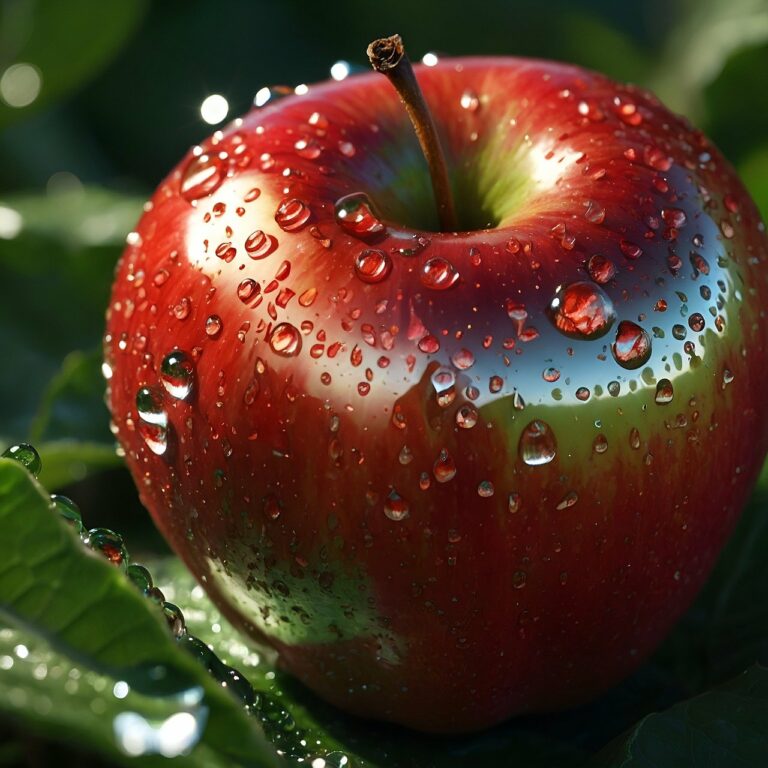The Impact of Food Industry on Sustainable Agriculture Funding and Grants
Sustainable agriculture is vital for ensuring the long-term health of our planet and its inhabitants. By employing practices that promote soil health, conserve water, and protect biodiversity, sustainable agriculture strives to meet the needs of current generations without compromising the ability of future generations to meet their own needs. This approach not only helps preserve the environment but also supports rural communities by providing stable and diversified income opportunities.
Challenges Faced by Sustainable Agriculture
Sustainable agriculture is confronted with numerous hurdles that impede its progress towards a more eco-friendly and ethical food system. One significant challenge arises from the high initial investment required to transition from conventional farming practices to sustainable methods. This financial barrier can be a deterrent for many farmers, especially small-scale ones, who may lack the resources to make the necessary changes to their operations. As a result, they may continue with conventional practices that harm the environment in the long run.
Additionally, limited access to technology and expertise poses another obstacle for sustainable agriculture. Implementing sustainable farming techniques often requires specialized knowledge and tools that may not be readily available to all farmers. Lack of training and support systems can hinder the adoption of sustainable practices, as farmers may struggle to navigate the complexities of transitioning to more sustainable methods without adequate guidance. Addressing these knowledge and technology gaps is crucial to overcoming this challenge and promoting the widespread adoption of sustainable agriculture practices.
Limited access to technology and expertise
Specialized knowledge and tools required for sustainable farming techniques may not be readily available to all farmers
Lack of training and support systems can hinder adoption of sustainable practices
Another challenge faced by sustainable agriculture is the issue of market demand and consumer awareness. While there is a growing interest in environmentally friendly and ethical food products, the demand for sustainably produced goods still lags behind conventional options. This discrepancy can make it difficult for farmers practicing sustainable methods to find markets willing to pay premium prices for their products. Additionally, many consumers may not fully understand the benefits of supporting sustainable agriculture or may prioritize convenience and affordability over sustainability when making purchasing decisions.
Furthermore, climate change poses a significant threat to sustainable agriculture by altering weather patterns, increasing the frequency of extreme events such as droughts and floods, and impacting crop yields. These environmental changes can disrupt agricultural production systems that rely on stable conditions for success. Adapting to these shifting climate realities requires innovative solutions and resilient farming practices that can withstand unpredictable weather patterns while minimizing negative impacts on the environment.
Market demand and consumer awareness
– Growing interest in eco-friendly products but demand still lags behind conventional options
– Difficulty finding markets willing to pay premium prices for sustainably produced goods
Climate change
– Alters weather patterns, increases frequency of extreme events like droughts/floods
– Impacts crop yields
– Requires innovative solutions/resilient farming practices
Role of Food Industry in Supporting Sustainable Agriculture
Sustainable agriculture relies heavily on the support and commitment of the food industry. Companies within the food industry play a crucial role in advancing sustainable practices by sourcing ingredients from ethical and environmentally responsible suppliers. By incorporating sustainable farming methods into their supply chains, food companies can help reduce the environmental impact of agriculture while supporting local farmers and communities.
Additionally, the food industry can drive change by adopting innovative technologies and practices that promote sustainability. From implementing water-saving irrigation systems to reducing food waste through better supply chain management, food companies have the power to influence and shape the future of agriculture. By leading by example and setting sustainability goals, the food industry can inspire others to follow suit and create a more environmentally conscious food system.
What is sustainable agriculture?
Sustainable agriculture is a method of farming that focuses on long-term productivity without compromising the health of the environment, community, or animal welfare.
Why is sustainable agriculture important?
Sustainable agriculture helps to preserve natural resources, reduces the negative impact on the environment, and ensures the well-being of future generations.
What are some challenges faced by sustainable agriculture?
Some challenges faced by sustainable agriculture include limited access to resources, high initial investment costs, and the need for education and training in sustainable farming practices.
How can the food industry support sustainable agriculture?
The food industry can support sustainable agriculture by sourcing ingredients from sustainable farms, promoting eco-friendly practices, investing in research and development of sustainable farming techniques, and educating consumers about the benefits of sustainable agriculture.
What role does consumer demand play in supporting sustainable agriculture?
Consumer demand plays a crucial role in driving the food industry to support sustainable agriculture. By choosing products that are sustainably sourced, consumers can incentivize food companies to prioritize sustainability in their supply chain.





